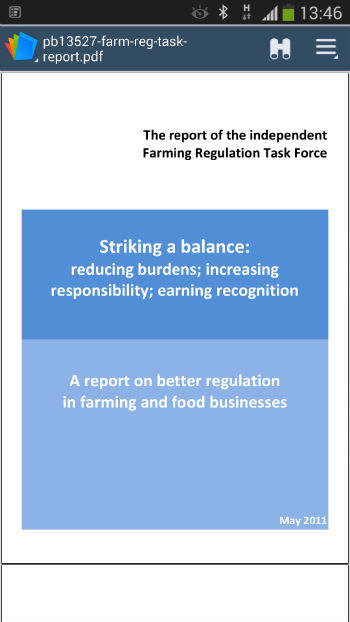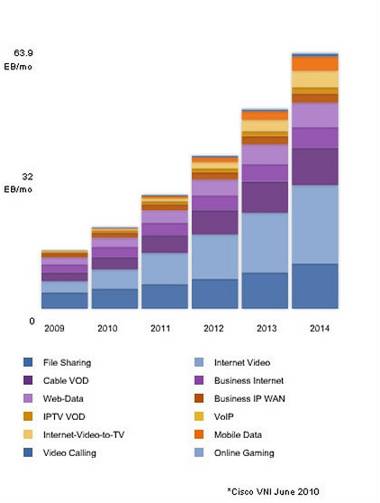On a recent trip to France, I spent a day and a half in Chartres. I toured the cathedral there. I think there are strong similarities between the way we relate to technology today and the way people once related to technology in medieval Europe. This applies to emerging technologies, such as augmented reality and issues of net neutrality.

While in Chartres I learned that the latin word cathdra means seat. Thus, in medieval times the religious centers were the seat of power, which is how those domed buildings that housed the centers of power came to be known as cathedrals. We retain the same sense of the word when we refer to a seat of government, or a county seat – other places where domed buildings house the centers of power. These seats are the places where decisions are made on the behalf of other — is that enough foreshadowing on the net neutrality issue?
I picked up this etymology lesson from an old codger…er, scholar named Malcolm Miller. Or, rather, Sir Malcolm, as the gentleman has been knighted. Twice. Sir Malcolm is a British tour guide — a living legend, really — who has been working at the Chartres cathedral for 57 years. I didn’t know he was a living legend before I arrived in Chartres, however after spending 90 minutes listening to him talk I can see why he is so revered.
The nature of Sir Malcolm’s tour is to tell stories and he did just that, telling us about the meaning of the pictures in the stained glass. He explained that we can approach the elaborate stained glass like we would approach a modern day library. (Remember that the guy is 80 years old. He still thinks libraries serve a vital function. We let it slide. Library…Internet…same thing.)
Sir Malcolm began the tour by asking, “Would you go into a library and say, ‘Let’s meet for an hour and read all the books?’ No, of course not,” he continued, “and so to read all the history just in this church would likewise take a lifetime.”
He was explaining that the church was both a seat of power and a center of learning. That is, in a time when most people did not read or write, in a time when paper did not exist, the sculptures and stained glass of the church were the historical record of society. And who interprets the historical record? Of course, those who hold the money to sponsor the building of that historical record.

By the end of 2014, according to Cisco research, the number of connected devices will exceed the world’s population — more than seven billion. Imagine that, a world in which digital devices on The Network outnumber humans. And how about this tidbit…by end of this year, 864 million phones and 103 million cars will support augmented reality (AR).
We are becoming more connected to information through our devices. Well, duh.
But is this new? I mean, sure, the mechanics of the digital devices are new, but I mean is it new to have society so interconnected through a mainstream channel of information?
Consider this: Today I can slip Google Glass on my head, hold up a can of creamed corn to read its bar code, and…voila! Google Glass will tell me the story of that can of corn (well, some unnamed database will tell the story). Calories, ingredients, nutritional value, etc., all that metadata tells me a modern story regarding that little piece of the external world. It’s metadata on the real world; the same as a stained glass window was, once upon a time.
I know it is one serious leap, comparing a web site or an Internet-enabled app to a stained glass window in a cathedral, but isn’t it the same relationship? Do we not look at all this metadata and information as stories of the “real” world? Isn’t that what modern technology is trying to provide us now – a way to better understand the world? That, and a means of connecting and communicating with people? That’s the modern version of stained glass in a cathedral.

On the tour, I also learned something about how that stained glass got into those cathedrals. Sir Malcolm pointed out a couple of important features, such as the marks in the stone below each 30-foot high piece of colored glass — marks similar to logos — that identified who paid for that particular piece. Furthermore, our trusty guide said that the story told in each glass was the story that the sponsor wanted to have told. For example, the cobblers of the region paid to put in a stained glass that told the story of the Good Samaritan as well as the story of Adam and Eve’s fall from the Garden of Eden. The cobblers, for some reason, were trying to make a link between those two stories. Sir Malcolm explained that the story in the glass was a commentary on the Bible stories, providing material with which the clergy could instruct society. The commentaries were a way of informing society of two important things: (1) What was in the Bible, and (2) How people should behave, based on what was in the Bible.
So we see that it was not solely the church that interpreted reality. The merchants who worked with and built the church also had a say in the stories being told. These sponsors included guilds of cobblers, water bearers (think municipal water system), bakers, wine makers (think of all that wine purchased for the sacrament), cheese makers (blessed are the cheese makers), etc.
The church of medieval Europe was big business. He who told the story in those seats of power, called cathedrals, controlled the social structure.
Augmented reality? Net neutrality? Some big issues are on the horizon, matters that will change the basic structure of human society. Perhaps we can learn something from the history of the medieval church. Maybe, just maybe, we can take the time to recall the importance of the Golden Rule. You remember the Golden Rule, right? Go look it up — at the library.
Related posts:
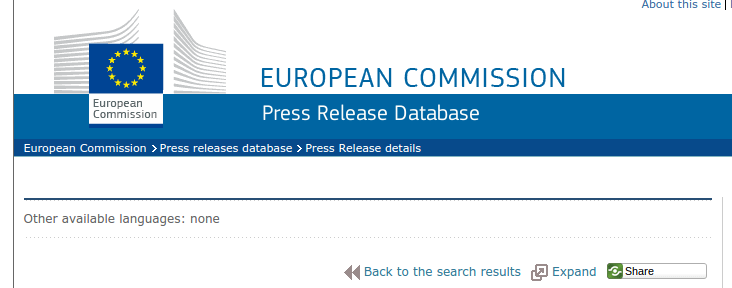
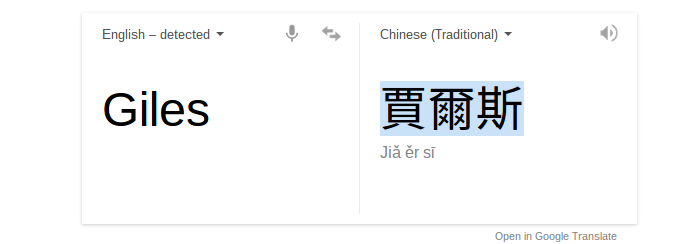
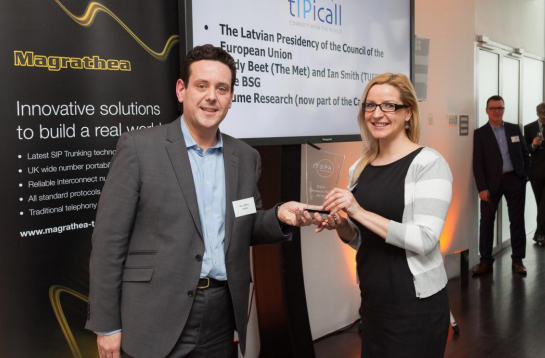
 Somewhat belated congratulations ot
Somewhat belated congratulations ot  The upshot is that all major network operators have openly committed to net neutrality – a position that was definitely not the case hitherto – something that has been hidden in the small print of ts and cs never read by customers.
The upshot is that all major network operators have openly committed to net neutrality – a position that was definitely not the case hitherto – something that has been hidden in the small print of ts and cs never read by customers.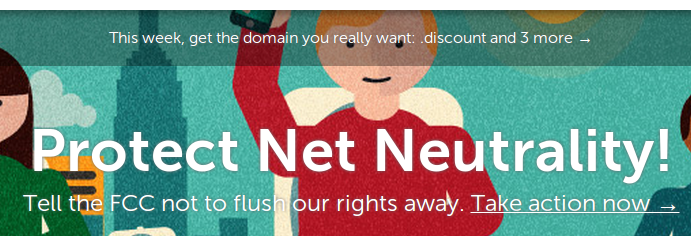

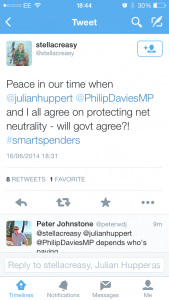 Philip Davies MP is a libertarian Conservative and as a result is one of my favourite MPs. This means he’s often at polar opposites to Her Majesty’s Opposition and an uncomfortable bed fellow with their coalition partners. That makes it even more incredible that the amendment was gladly supported by both the Shadow Minister, Helen Goodman MP and Julian Huppert MP (Liberal Democrat Member for. Cambridge and a good advocate for the technological community). A rare moment of cross party backbench support that, alas, was defeated without Government support, which is still backing the self regulation horse.
Philip Davies MP is a libertarian Conservative and as a result is one of my favourite MPs. This means he’s often at polar opposites to Her Majesty’s Opposition and an uncomfortable bed fellow with their coalition partners. That makes it even more incredible that the amendment was gladly supported by both the Shadow Minister, Helen Goodman MP and Julian Huppert MP (Liberal Democrat Member for. Cambridge and a good advocate for the technological community). A rare moment of cross party backbench support that, alas, was defeated without Government support, which is still backing the self regulation horse.






